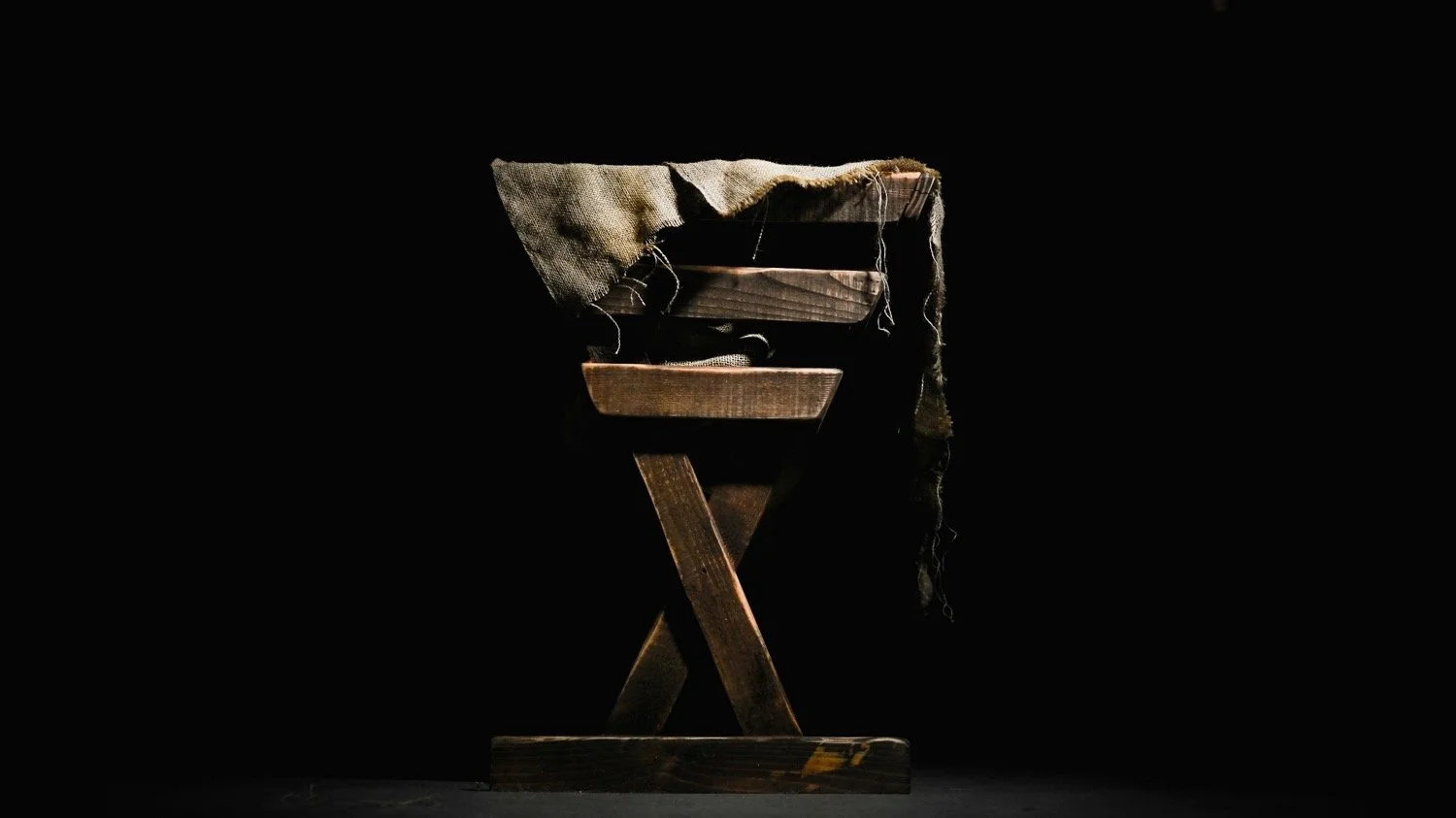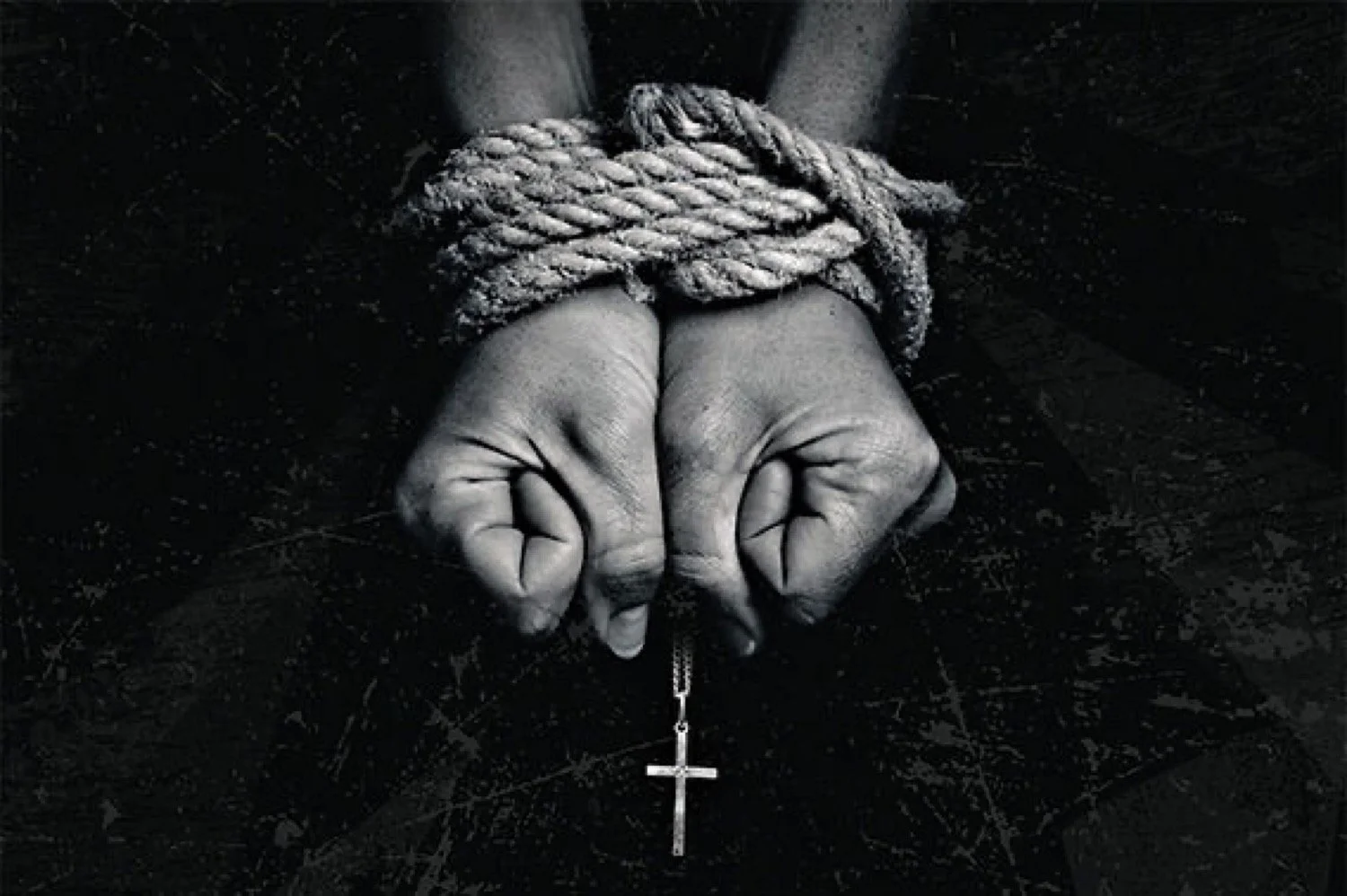Readings for today: Genesis 38-40
Father, Your Word is living and active. It is sharper than any two-edged sword. It penetrates to the deepest places of my being. May Your Word take root, Father, and bear fruit for Your glory.
God works in the most unlikely of places. God uses the most unlikely of people. Tamar is a great example. She’s an outsider. It’s highly likely she was a Canaanite which means she’s not part of God’s chosen people. She most likely knows little to nothing about God. She is chosen by Judah to marry his firstborn son. Er is a wicked man. We aren’t told why. Perhaps he was abusive. Perhaps he was neglectful. Perhaps he was violent or hateful. Perhaps he despised the God of his fathers. Whatever his crime, it was worthy of death. She is then passed down to Onan. Not an uncommon practice in the Ancient Near East. The goal being the preservation of a bloodline. Onan rebels. His sin is not just sexual in nature. It actually shames the entire family. It disrupts the economic, social, and familial structure of Judah’s family. God judges him harshly and he too dies. Who knows how Tamar must have felt at this point? Did she feel like damaged goods? Did she feel used and abused? Did she feel cursed? Time drags on. Judah is clearly unwilling to take another chance on her. She is in danger of not only remaining widowed but childless which was a fate worse than death back then. So she does the most remarkable thing. She makes a plan. She waits for the opportune time. Her plan is risky but it’s all she’s got. Knowing Judah is lonely, she dresses as a sacred Canaanite prostitute – a common vocation in those days – and waits for him to come by. He hires her. Sleeps with her. She conceives and the rest is history. Really important history. Her son Perez will become the ancestor of kings like David and Solomon and eventually Jesus Himself.
Recently, I was talking to a high school friend of mine. She and I haven’t seen each other since graduation. Back then I was not a Christian. I was sarcastic, arrogant, and often mean. I was a drunk, a college drop-out, and a fool. My life was going nowhere. When she found out I was a pastor, she was shocked. I’m not surprised. So are most people who knew me before I met Christ. You see, God met me in the most unlikely of places on the campus of the University of Colorado in Boulder. I still remember the exact spot where God ambushed me and changed my life. There was nothing redemptive about my life at the time. Nothing good. Certainly nothing godly. Of all the people God could have chosen, I had to be among the most unlikely of candidates. Certainly among the most unworthy. And yet God specializes in using the foolish things of this world to confound the wise. God used Tamar to confound Judah and perpetuate the eventual line of David. God is using Doug Resler to confound those who believe some are just too far gone to save and bring the message of the gospel to the ends of the earth. It’s amazing.
What about you? Perhaps you feel a lot like Tamar? You’ve been abused. You’ve been mistreated or marginalized. Perhaps you feel like an outsider or an outcast. Maybe you even feel cursed. Maybe you resonate with my story? You’ve been the abuser. You’ve been proud and arrogant. You’ve enjoyed privilege and power but you’ve squandered it all and now your life is going nowhere fast. God is still at work, friends! In the most unlikely of people. In the most unlikely of places. At a time when you least expect it. That’s when God shows up. Don’t lose faith. Don’t lose hope. Don’t lose heart.
Readings for tomorrow: Genesis 41-43




